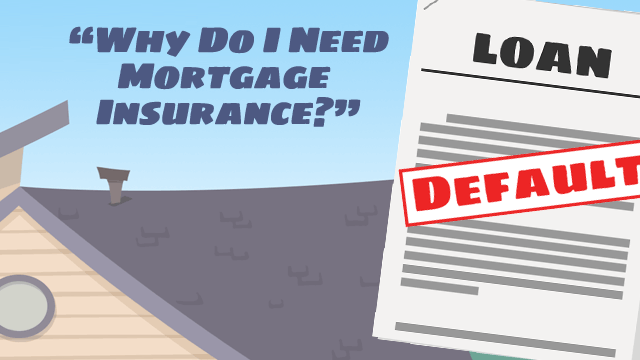FHA Mortgage Insurance Issues For First-Time Home Buyers
October 24, 2024
Buying your first home is a major milestone. If you use an FHA mortgage to buy your home, you’ll have two different types of insurance to consider.
One type is the FHA-required mortgage insurance premium, which is paid for 11 years or the loan's lifetime, depending on your down payment, loan term, and other variables.
That insurance policy protects the lender in case you default on the mortgage; it does not protect the homeowner.
The other type of insurance is homeowner’s insurance, sometimes called hazard insurance. This policy protects the borrower’s investment, covering the house and any contents specified in your legally binding loan agreement.
Some consider this type of insurance a safety net for the home, protecting the insured from the financial burden of a fire, theft, or natural disaster.
FHA Loan Requirements and Adequate Protection
The FHA doesn't dictate specific types of hazard insurance, but borrowers should maintain enough coverage to protect their investments.
Setting deductibles too high or failing to get coverage for certain contingencies such as flooding (as opposed to the water damage from a broken pipe or related issues.) Your insurer may value the home based on the lesser amount between the appraised value and the replacement cost of the property.
Deductibles, the out-of-pocket amount before your insurance pays, may be set at your discretion. However, carrying deductibles you can’t realistically pay today in cash is a risk.
Homeowners Insurance vs. Mortgage Insurance
It's easy to confuse homeowners and mortgage insurance, but they serve distinct purposes. Homeowners insurance protects your property and belongings, as mentioned above.
Mortgage insurance protects the lender in case the borrower defaults on the loan. This type of insurance does not pay out to the borrower.
This insurance minimizes the lender's risk and makes it easier to approve your FHA loan.
Choosing the right hazard insurance policy for your FHA loan requires careful consideration of several factors:
Coverage Needs: Evaluate your specific needs based on the value of your property, its location, and everything you own.
Policy Options: Compare different policy options and coverage levels to find the best fit for your needs and budget. Pay close attention to deductibles, premiums, and any exclusions listed.
Discounts: Ask about discounts, such as those for security systems, smoke detectors, and carrying several policies with the same insurer.

FHA Loan Articles
August 23, 2023Mortgage APR (Annual Percentage Rate) and a loan's interest rate are two different things, although they are closely related. Understanding the difference is an important part of a borrower's analysis of the true cost of their mortgage.
August 19, 2023FHA refinance loans allow homeowners with existing FHA loans to refinance their mortgages. These loans are designed to help borrowers take advantage of lower interest rates, reduce their monthly mortgage payments, or access equity in their homes for various purposes.
August 14, 2023FHA loans typically require a minimum down payment of 3.5% of the purchase price of the home with the right credit score. This means that if you're buying a house for $240,000, you would need to make a down payment of at least $8,400.
August 10, 2023FHA loans have specific rules and requirements for borrowers who have filed for bankruptcy. The guidelines can change over time, so it's essential to consult with a qualified lender or FHA-approved counselor for the most up-to-date information.
August 3, 2023FHA loans are primarily designed to help individuals and families purchase homes for use as their primary residences. Rules for these loans generally discourage their use for investment properties or rentals. However, there are exceptions that come with strict rules.







